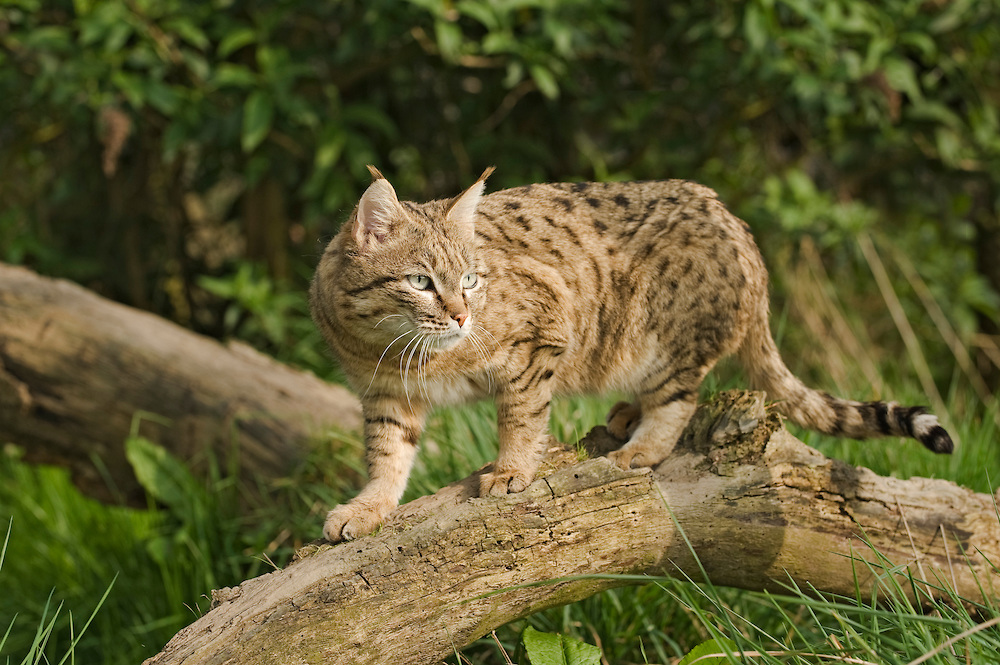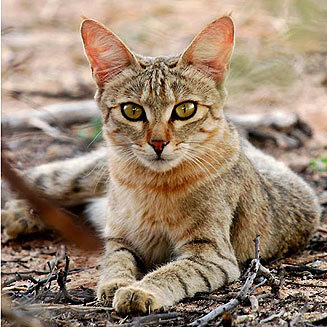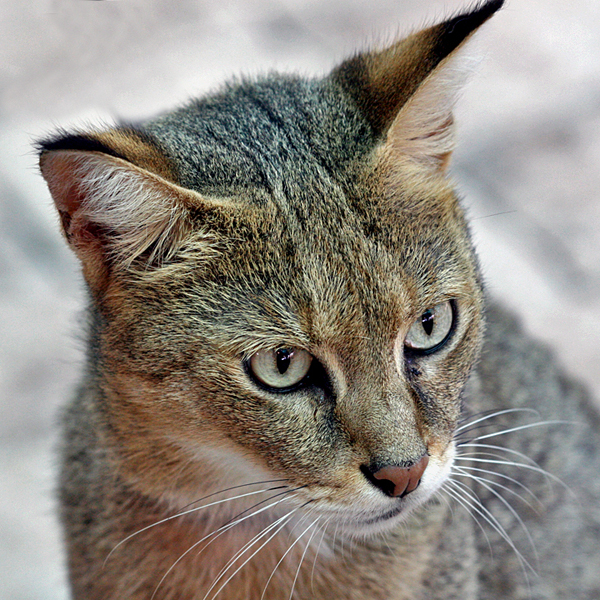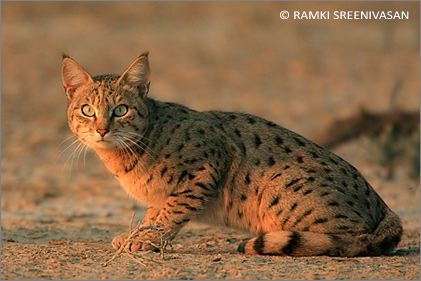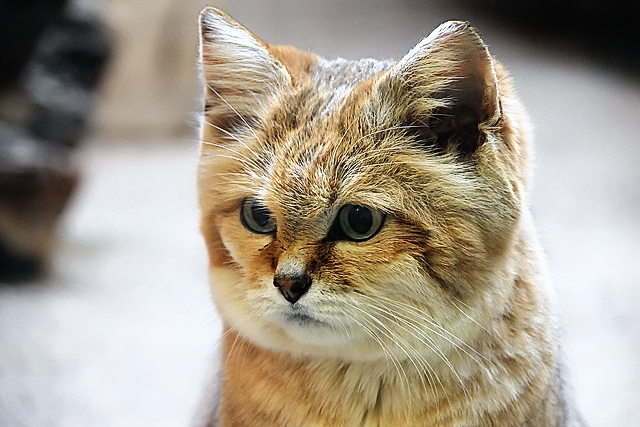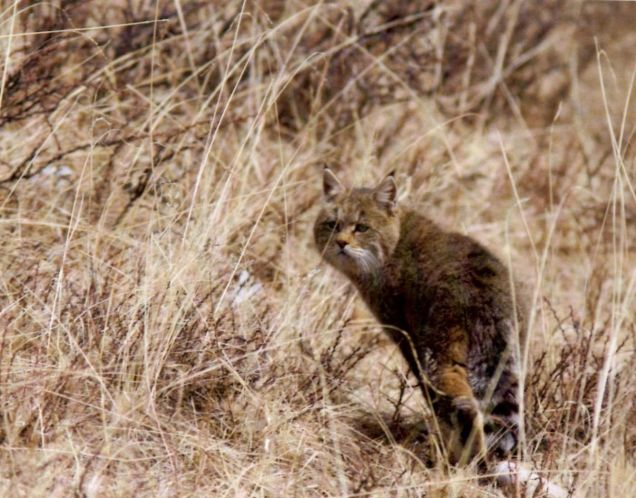The Wildcat
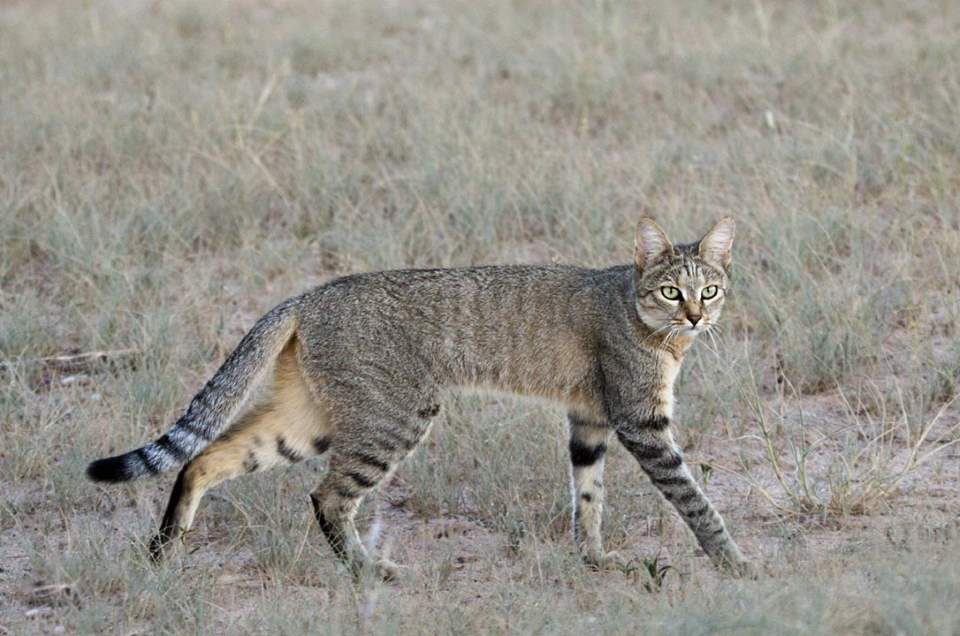
African Wildcat
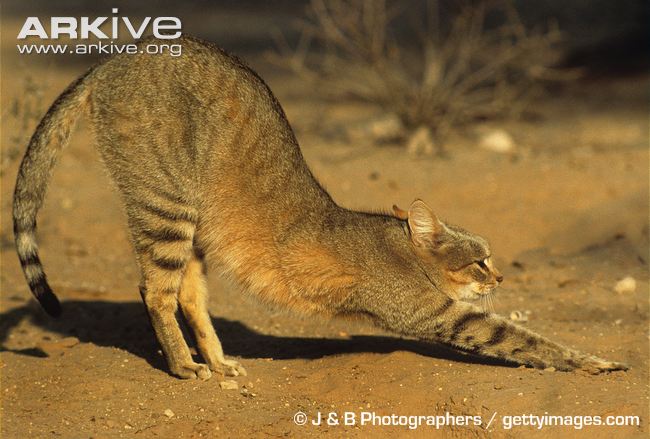
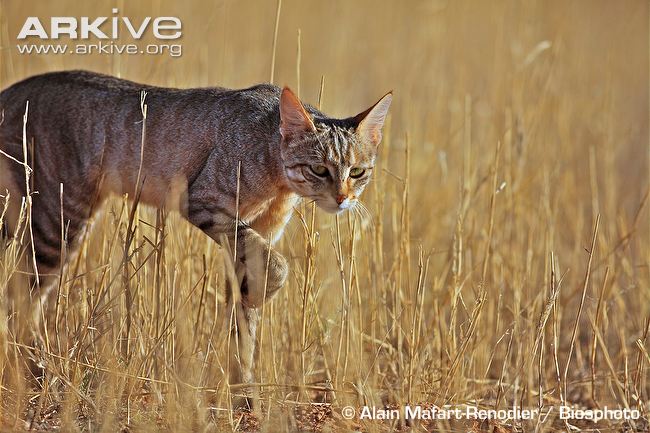
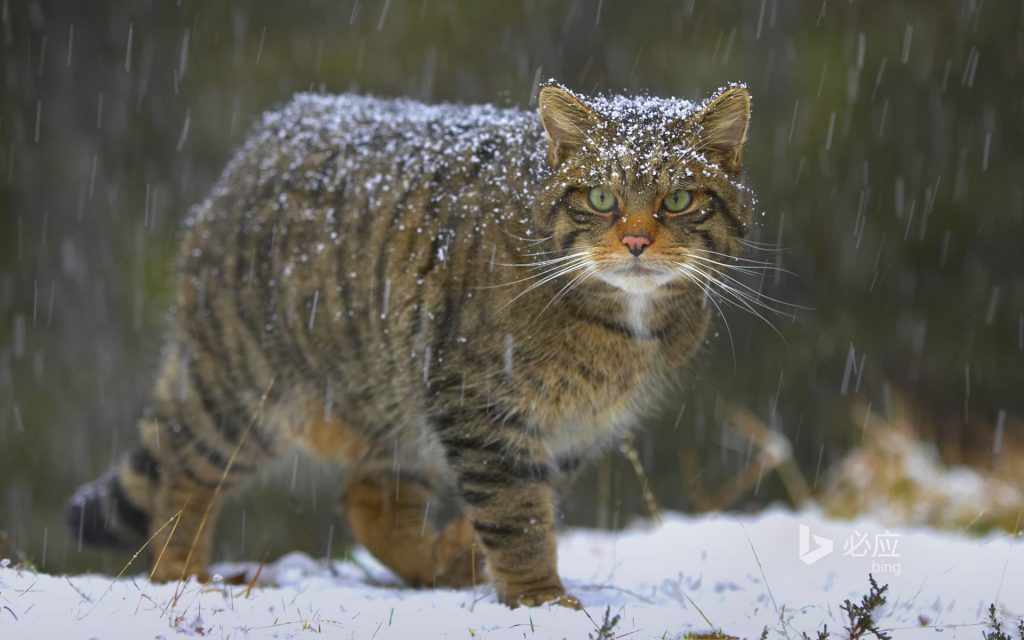
Here is an example of a European Wildcat. The European Wildcats who live in Scotland are known as the Scottish Wildcats aka “The Highland Tiger”
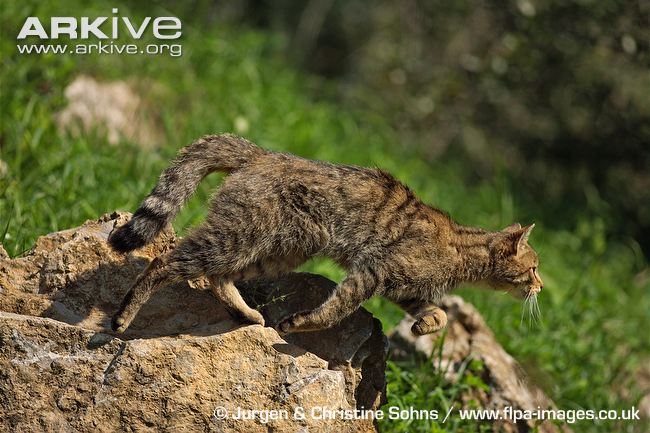
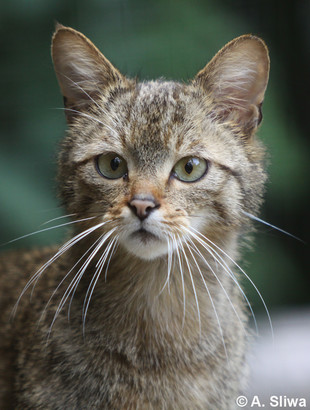
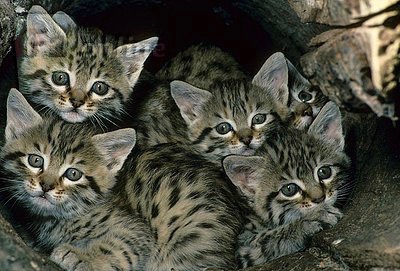
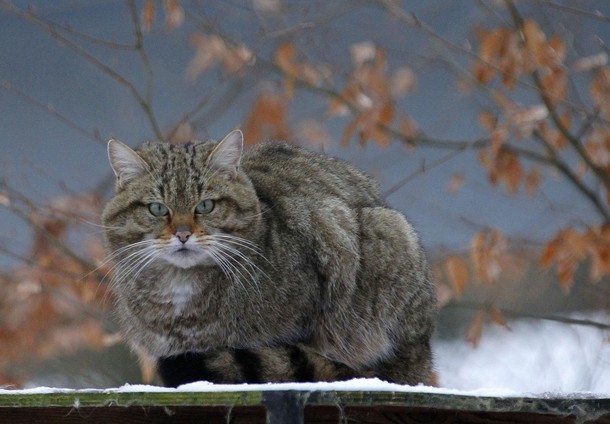
A European Wildcat is seen at Skanes Djurpark, Sweden, by Yves Herman
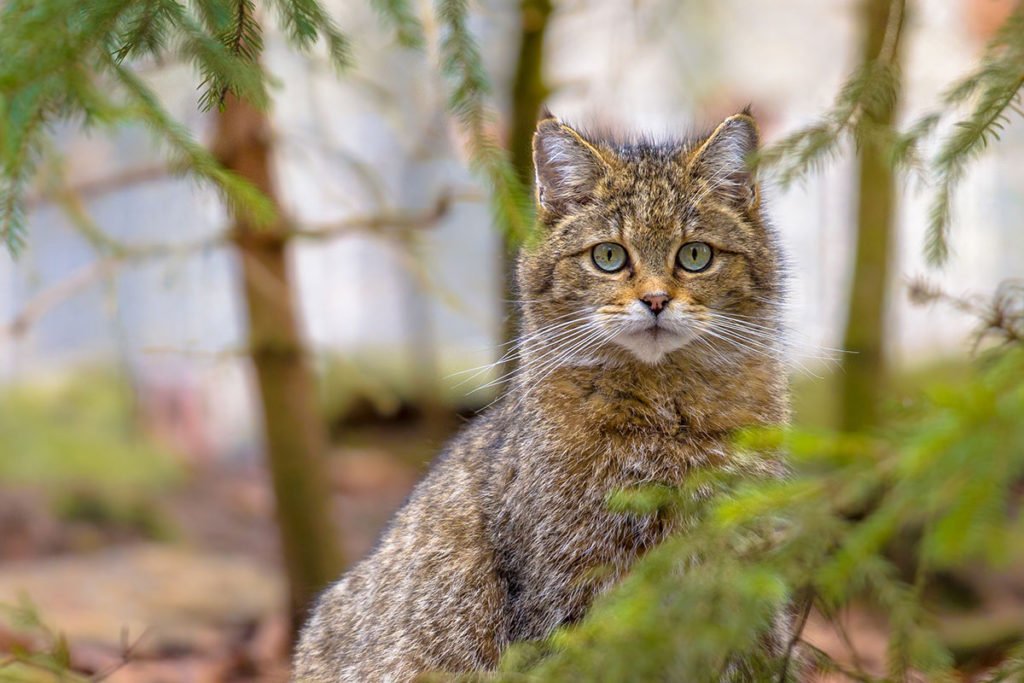
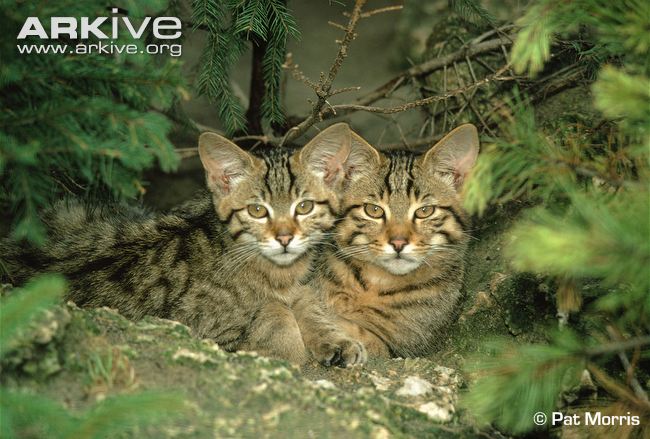
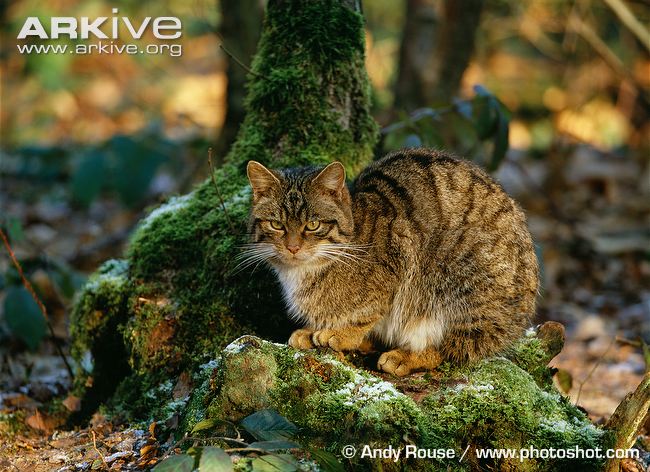
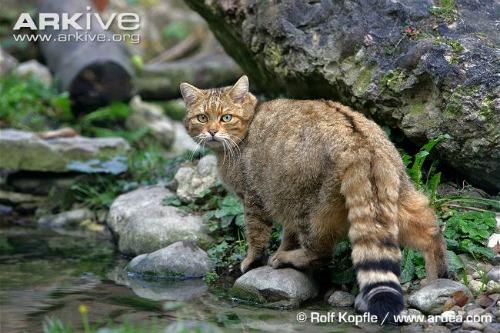
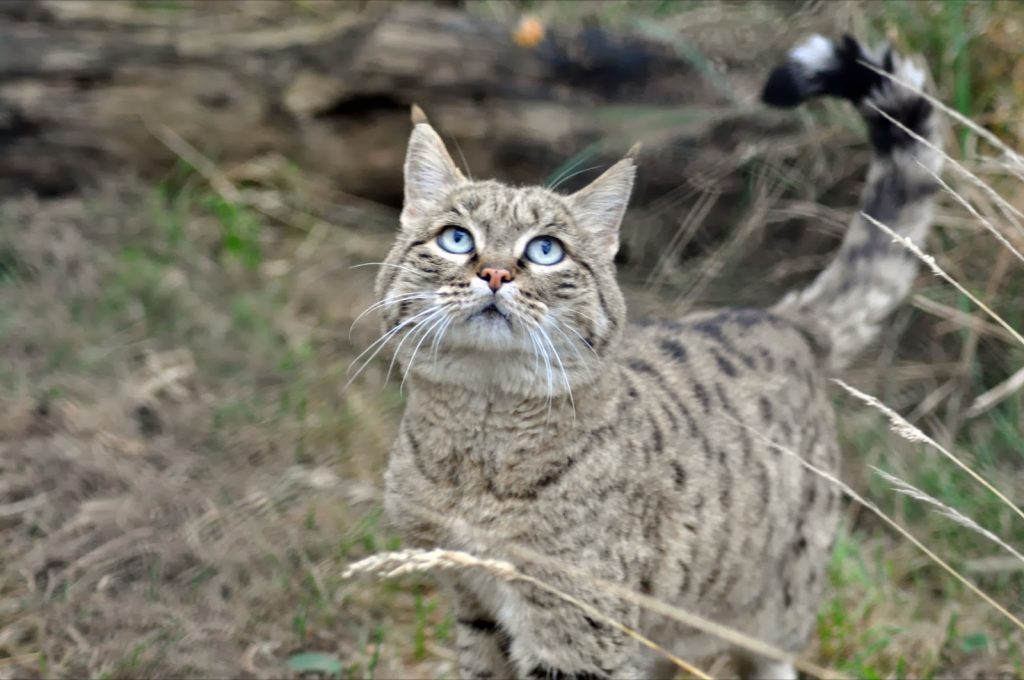
Chinese Mountain Cat
Chinese Mountain cat
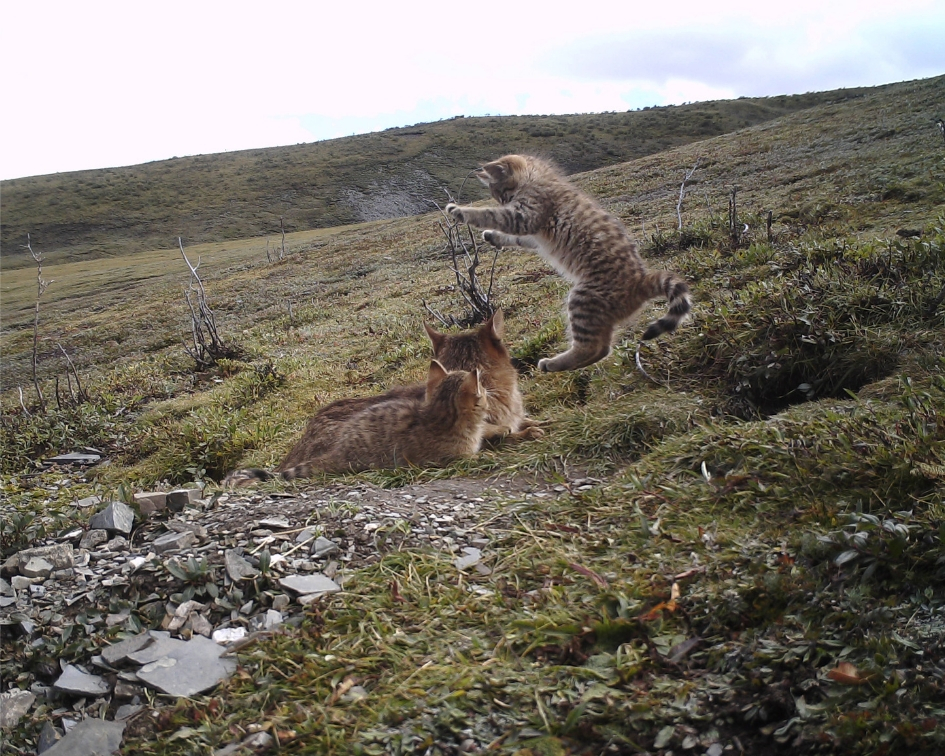
Wildcat
Kingdom: Animalia
Phylum: Cordata
Class: Mammalia
Order: Carnivora
Family: Felidae
Subfamily: Felinae
Genus: Felis
Species:
-African Wildcat (Felis lybica) [Africa]
-Southern African Wildcat (Felis cafra) [Southern Africa]
-Chinese Mountain Cat (Felis bieti) [China]
-Asiatic Wildcat (Felis ornata) [Central Asia)]
-European Wildcat (Felis silvestris) [Europe]
Wildcat conservation status: https://www.iucnredlist.org/search?query=wildcat&searchType=species
The Wildcat is a small wildcat species found across Europe and Asia. The Wildcat species is comprised of 5 different subspecies. While some of these subspecies live far apart from each other in disparate habitats and possess varying physical attributes, these differences are only matters of geography and outward appearance. All the different Wildcat subspecies can successfully interbreed with one another, producing healthy kittens. The Domestic Cat can also successfully breed with them (the Domestic Cat is descended from the African Wildcat).
A 2007 study of feline mitochondrial DNA of approximately 1,000 cats from many different regions (including Africa, Azerbaijan, Kazakhstan, Mongolia, and the Middle East) showed 5 genetic lineages of the Wildcat population. These lineages are:
-African Wildcat (Felis lybica) [Africa]
-Southern African Wildcat (Felis cafra) [Southern Africa]
-Chinese Mountain Cat (Felis silvestris bieti) [China]
-Asiatic Wildcat (Felis ornata) [Central Asia]
-European Wildcat (Felis silvestris) [Europe]
Wildcat Appearance
Wildcats can look different depending on what part of the world they live in. Most European northern forest-dwelling Wildcats have thick fuzzy coats, at least during the winter months. But ones that live in warmer European locales can be spotted, or striped, or uniformly sandy brown. They weigh 3-8 kg (6-18 lb) and are 45-80 cm (18-32 in) long.
The Wildcats in Africa and Asia tend to be leaner and smaller. They weigh 2-2.7 kg (4- 17 lb) and are 40-64 cm (16-25 in) long.
The Wildcat is crepuscular (active during twilight and pre-dawn hours) and survives off small mammals, reptiles, and birds.
Difference between the Wildcat, the Domesticated Cat, and feral cats:
Wildcats are actual wild cat species- not to be confused with a feral cat (which is a Domesticated Cat that has returned to living in a wild state.) Domestic Cats are a species that have at least somehwat been domesticated (they descended from the African Wildcat many thousands of years ago).
A note on the European Wildcat
As the newly created Domestic cat (descended from the African Wildcat) spread across the continents, they did end up interbreeding with the European Wildcats who already lived there. Today, the European Wildcat has an interesting genome: a mixed bag of native wild European Wildcat genes, as well as Domestic cat influence. Work is being carried out to restore the European Wildcat species to native forests (and preserve its habitat) as well prevent its genome from being further mixed with the Domestic cat lineage.
Since all Wildcat subspecies can interbreed with Domestic Cats, many scientists are concerned hybridization is becoming a serious threat to both the purebred European and African-Asiatic Wildcat populations.
https://www.wildcatfamily.com/felis-lineage/african-wildcat-and-asiatic-wildcat-felis-lybica/
More wild cats here
